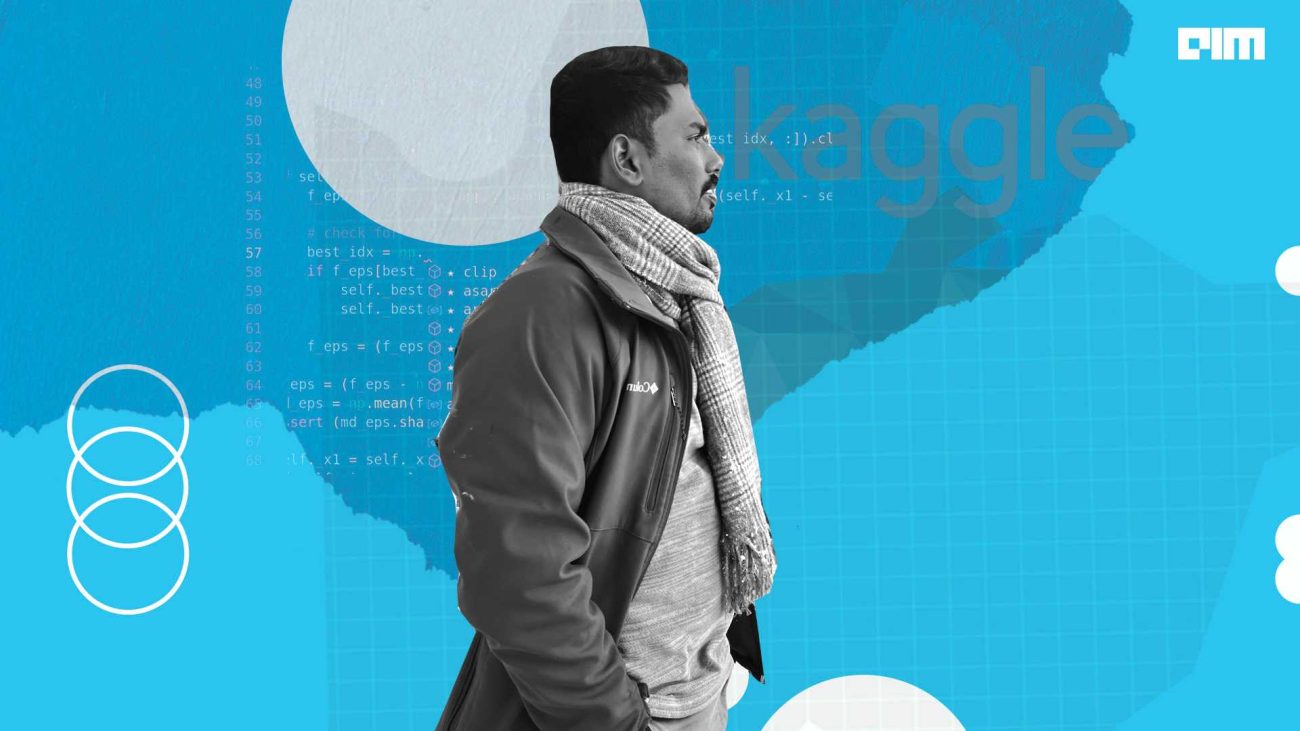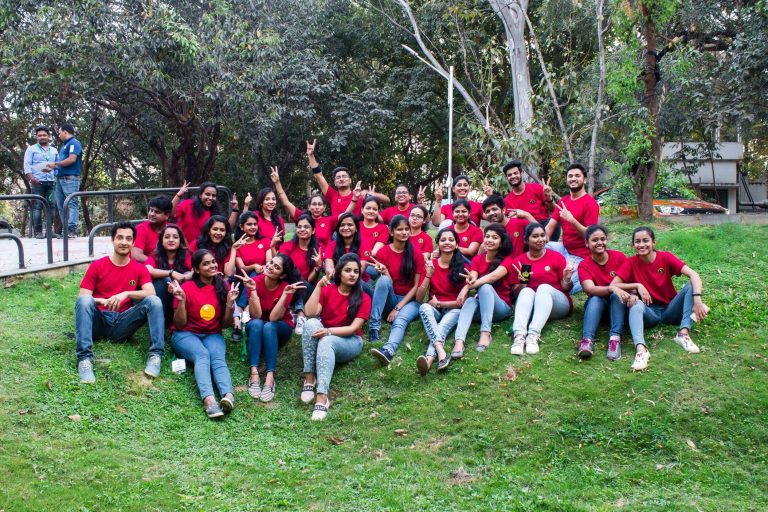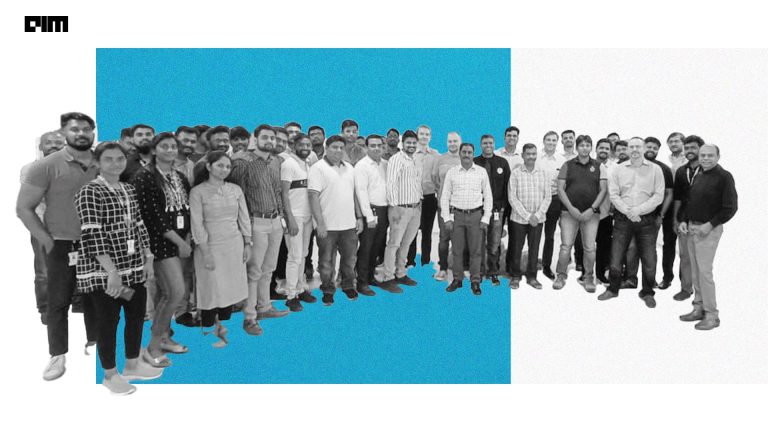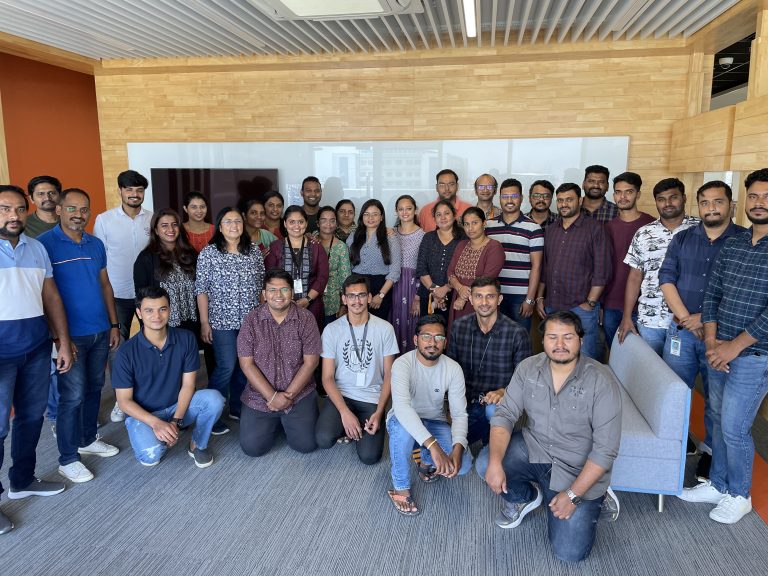In an interview with Analytics India Magazine, Kochi-based Kaggle Grandmaster Shahul ES revealed that he used to miss college classes and spend his time Kaggeling. The professors, too, did not mind, as he scored well in exams.
Shahul is a computer science graduate and currently works as a machine learning engineer at a UK-based company called AMPLYFI. In the coming future, Shahul just wants to move from one to ten learn applied machine learning in the audio domain. He wants to do more applied ML, deployments, and model optimisation. Shahul wants to stay curious and explore fields outside data science.
Excerpts
AIM: What made you interested in Kaggle? Kaggle is also a lot of self-learning. What inspires or motivates you for that?
Shahul: Actually, I was introduced to Kaggle ‘by chance’. I used to do web scrapping and was casually reading a book where I was introduced to Kaggle, where it mentioned that you will find a lot of data and data sets.
What made me stay and keep coming back was definitely the Kaggle community and its spirit. My motivation for doing Kaggle was to satisfy my curiosity. Put it another way; I was simply curious about data science in general. I do not expect to earn money or any other reward from Kaggle.
AIM: Please describe your experience of the time when you became the Kaggle Grandmaster, like what were the initial challenges, and how did you address them?
Shahul: It took me two to three years of Kaggling to become a Kaggle Grandmaster. It does require a lot of consistency, and you have to be very active. The lockdowns during the pandemic really gave me some extra time to help me pursue my Kaggle journey.
During my college days, spending time on Kaggle was not a big problem. I would miss classes to pursue Kaggle back then, but I think everyone knew that I was doing this, but they were okay as I managed to get decent scores.
AIM: What does it mean to be a Global Ambassador in the data science industry?
Shahul: When you achieve something like this, people kind of look up to you globally. There are a lot of young data scientists who contact me. It feels like an achievement like this helps me globally to inspire people around this.
AIM: How much does Kaggle have an impact on data science industry?
Shahul: There are more chances of getting accepted at jobs if the person has worked a lot in open-source. Kaggle has high visibility and credibility. So, it has become obvious that companies will pay you more if you have such credibility. So, organisations do hire people from Kaggle.
Also, Kaggle really doesn’t require having a B Tech degree or anything; a person who’s curious can self learn and actually become a Kaggle expert, or at least a Kaggle master.
AIM: According to you, what makes a good data scientist?
Shahul: I don’t believe a data scientist should only be a subject matter expert. I would prefer to be someone with T-shaped knowledge. With an in-depth understanding of DS techniques, one should also be knowledgeable on different use-cases and deployment scenarios.
AIM: When did your interest in computer science begin?
Shahul: While in my second year of college, I was into some private development in the open-source community. So I was learning by doing some projects like web scraping and was casually introduced to the field of data science. And then, in the latter three years of my college, I spent a lot of time.
In computer science, I like tech in general. It was in school, and so I knew that I would pursue a career in computer science. In this field, I believe that my degree has really not taught me what I do now.
AIM: What is it about machine learning that excites you the most?
Shahul: For me, ML is about endless possibilities in different domains. It’s about the capability to get better each day and achieve automation of things that people once thought were unachievable.
AIM: What do you think is the future of data science?
Shahul: Data Science has a lot of potential and the developers are getting better at it each day. We can see the state-of-the-art models getting developed and released. But recently, the number of benefits has actually decreased because of hype that has almost reached saturation point.
AIM: What is your advice for beginners in Kaggle?
Shahul: Stay curious, and perseverance is the key.
































